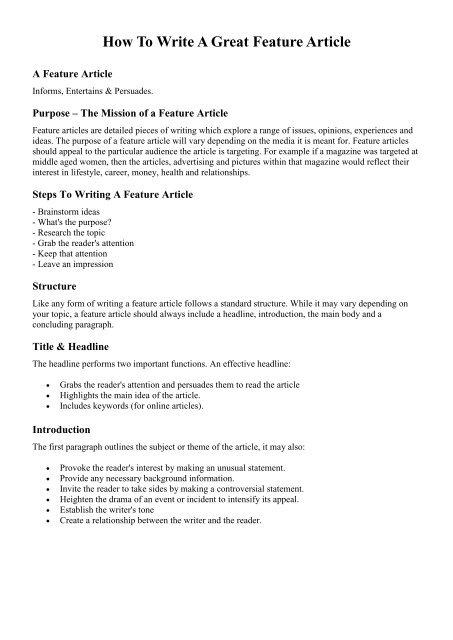Cholera Crisis in South Sudan Reveals Critical Gaps in Healthcare Funding and Access
Escalating Cholera Outbreak Amidst Shrinking Healthcare Budgets
South Sudan is currently facing a severe cholera outbreak that has tragically claimed the lives of eight people, highlighting the devastating consequences of ongoing reductions in healthcare funding. Many communities are now compelled to embark on exhausting journeys to reach medical facilities, which are often ill-equipped and understaffed. This scarcity of resources disproportionately affects remote populations, where access to essential treatment is limited and health workers struggle to meet rising demands.
The persistent financial shortfalls have critically undermined efforts to contain waterborne diseases like cholera. Experts caution that without swift and substantial investment, the fragile healthcare system risks collapse-potentially triggering a surge in preventable illnesses and mortality rates across the country. To address this crisis effectively, stakeholders emphasize bolstering support for:
- Upgrading healthcare infrastructure nationwide
- Ensuring steady supply chains for vital medicines and equipment
- Expanding training programs for local medical personnel
- Launching widespread community health education initiatives focused on disease prevention
The Burden of Distance: How Longer Travel Times Worsen Health Outcomes
The reduction in funding has forced many South Sudanese residents-especially those living outside urban centers-to travel significantly farther distances for medical care. These extended treks not only delay timely treatment but also increase exposure to environmental hazards and exacerbate existing health conditions.
This challenge is particularly acute during outbreaks like cholera, where rapid intervention can mean the difference between life and death. The shortage of critical supplies such as oral rehydration salts (ORS) and antibiotics further compounds these risks. Local healthcare providers urgently call for enhanced support measures including:
- Increased financial resources directed toward rural clinics
- The deployment of mobile health units capable of reaching isolated communities
- Culturally tailored educational campaigns teaching effective cholera prevention techniques at grassroots levels
| Region | Previous Travel Time (hours) | Current Travel Time (hours) | Total Increase (hours) |
|---|---|---|---|
| Bor | 1 | 3 | +2 hrs |
| Maban County* | 1.5* | *4* | *+2.5 hrs* |
| Bor | 1 | 3 | 2 |
| Maban County* | 1.5* | 4* | +2.5* |
| Yambio | 2 | 4 | +2
Sustainable Strategies Needed to Halt Cholera Spread & Improve Healthcare DeliveryThe recent fatalities from cholera serve as a stark indicator that immediate action must be taken not only to treat current cases but also prevent future outbreaks through sustainable interventions. A multi-faceted approach should focus on:
|

